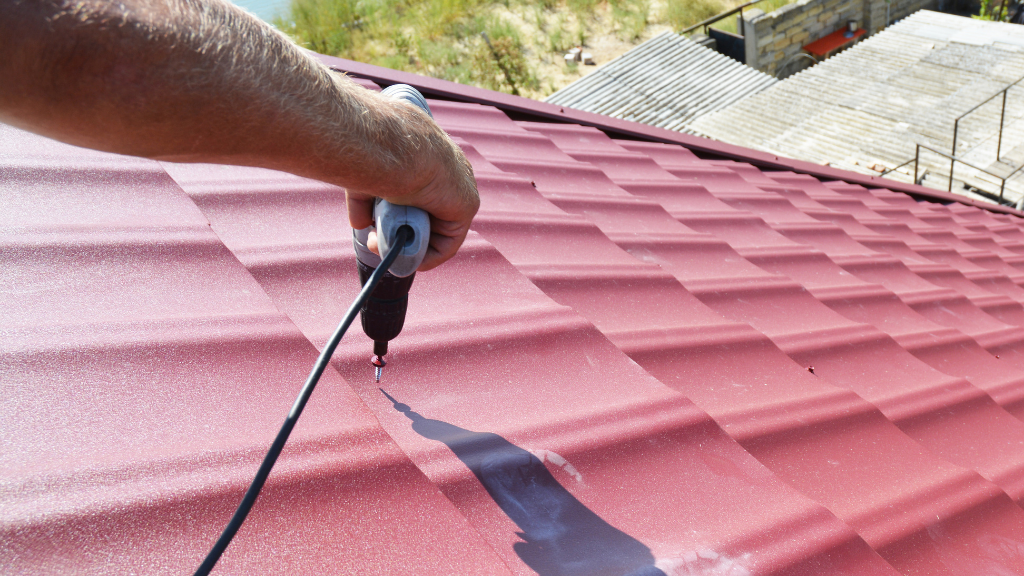What is a Metal Roofing Gauge?

A metal roofing gauge refers to the thickness of the metal sheet used in the roofing system. It's measured by a number system, where a smaller number denotes a thicker metal sheet. For instance, a 24-gauge metal sheet is thicker than a 26-gauge metal sheet. Metal roofing gauges are essential because thicker metal sheets offer better protection against extreme weather conditions and harsh environments. However, thicker gauges are typically more expensive than their thinner counterparts.
What is the Ideal Metal Roofing Gauge for my Home?
The ideal metal roofing gauge for your home depends on several factors. These are:
1. Roof Pitch: Your roof pitch or the slope of the roof determines the amount of weight that the roof can handle. If your roof is steep, then you may need a thicker metal gauge to maintain structural integrity.
2. Location: The geographic location of your home plays a significant role in determining the ideal metal roofing gauge. If you live in an area prone to harsh weather conditions, such as hailstorms, tornadoes, or severe heat, then a thicker gauge is recommended.
3. Budget: Thicker metal gauges are typically more expensive than their thinner counterparts. If you are on a tight budget, then you may need to compromise on the metal gauge and choose a thinner option.
What is a Metal Roofing Thickness?
The thickness of a metal roofing sheet refers to the final thickness after the manufacturing process. Metal roofing thickness is measured in millimeters or inches. A higher thickness translates to better durability, resilience and resistance to harsh weather conditions.
What is the Ideal Metal Roofing Thickness for my Home?
The ideal thickness for your metal roofing depends on the type of metal used in the manufacturing process. Here are some of the most common metal roofing metals and their recommended thickness:
1. Aluminum: The recommended thickness for aluminum metal roofing sheets is 0.0236 inches or 0.6 mm.
2. Galvanized Steel: The recommended thickness for galvanized steel metal roofing sheets is 0.0217 inches or 0.55 mm.
3. Copper: The recommended thickness for copper metal roofing sheets is 0.0201 inches or 0.51 mm.
4. Zinc: The recommended thickness for zinc metal roofing sheets is 0.0276 inches or 0.7 mm.
4. Stainless Steel: The recommended thickness for stainless steel metal roofing sheets is 0.0187 inches or 0.48 mm.
Why TWHS-10A Thickness Gauge is the Best Option?
The TWHS-10A Thickness Gauge is a reliable and accurate tool for measuring metal roofing gauges and thicknesses. This digital tool can measure sheet thicknesses between 0.010 and 0.500 inches, making it suitable for a wide range of metal roofing applications. Its compact and durable design makes it easy to use and carry around. Using the TWHS-10A Thickness Gauge ensures that you get accurate and consistent measurements, resulting in better metal roofing performance and durability.
Conclusion
Choosing the right metal roofing gauge and thickness is crucial for the longevity and durability of your roofing system. By considering factors such as roof pitch, location, and budget, you can determine the best metal gauge and thickness for your needs. Whether you're using aluminum, galvanized steel, copper, zinc or stainless steel, ensure that you use the TWHS-10A Thickness Gauge for accurate and consistent measurements. With the right metal roofing gauge and thickness, you're guaranteed a durable and long-lasting roofing system.